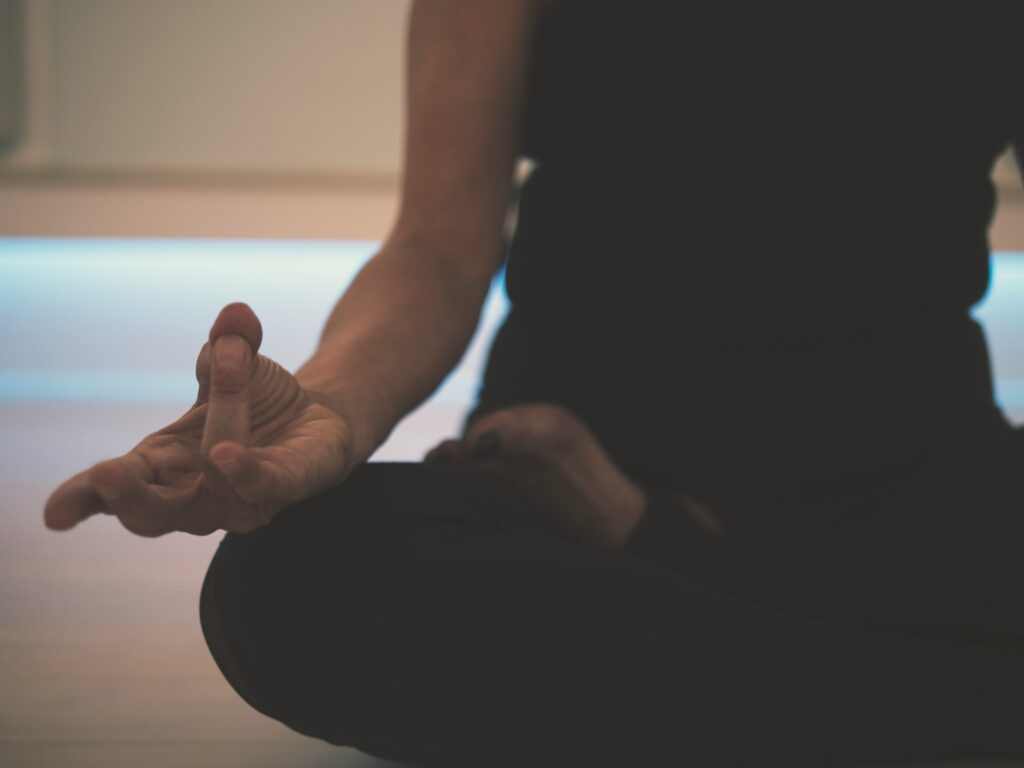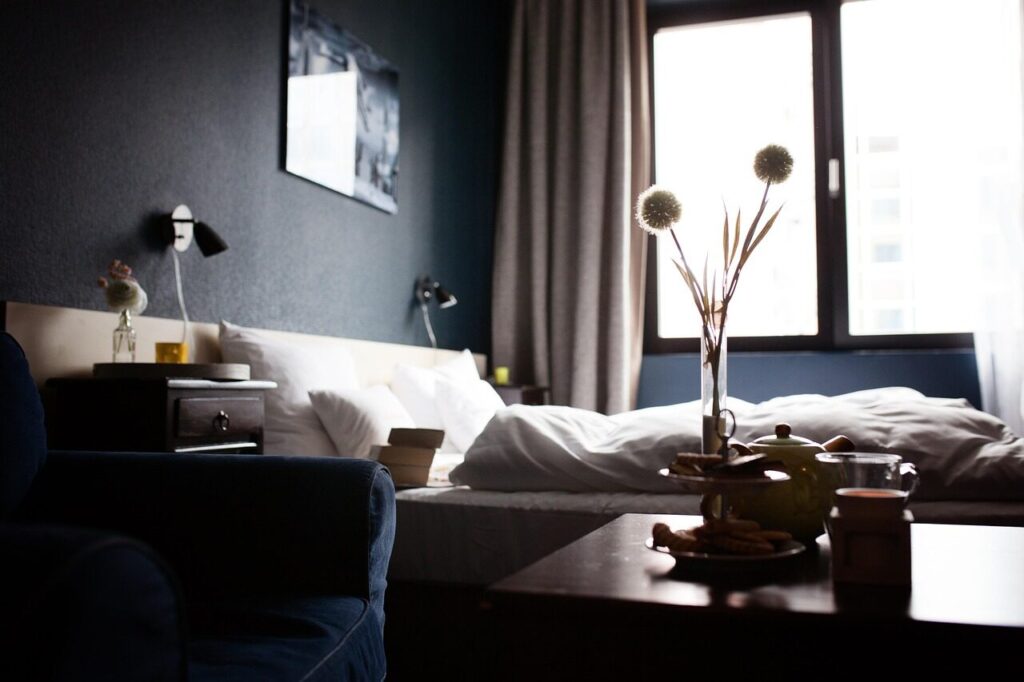A good night’s rest is essential for both your body and your mind, yet many people struggle to fall asleep and wake up feeling refreshed. Sleep is more than just a nightly routine; it is a powerful process that allows the brain to restore itself, emotions to stabilize, and the body to recover from the demands of the day. Poor sleep can affect your mood, focus, and even your long-term health, but the good news is that better sleep can often be achieved with simple adjustments. Whether it is creating a peaceful bedtime environment, adjusting your daily habits, or setting routines that promote relaxation, small changes can make a big difference. Improving your sleep does not always require drastic lifestyle shifts. By practicing a few mindful steps, you can increase your chances of sleeping soundly. Here are ten effective ways you can start improving your sleep tonight.
1. Set a Consistent Sleep Schedule

Keeping a regular sleep and wake schedule trains your body to follow a natural rhythm. When you go to bed at the same time each night and wake up at the same time each morning, your body adjusts to that routine, making it easier to fall asleep and wake up without feeling groggy. This consistency helps regulate your internal clock and strengthens your sleep-wake cycle. Over time, you will notice that your body naturally feels tired at bedtime and more alert in the morning. Sticking to a schedule also prevents the confusion that irregular sleep patterns can create.
2. Create a Relaxing Bedtime Routine

Establishing a calming routine before bedtime signals to your brain that it is time to wind down. Activities like reading a book, listening to soothing music, or practicing gentle stretches can help relax both your body and mind. Avoid stimulating tasks such as checking emails or watching intense shows since these can keep your mind active. A relaxing routine allows stress levels to drop and prepares you for restful sleep. Over time, this nightly habit becomes a cue that it is time to sleep, making the transition from wakefulness to rest more natural and less disruptive.
3. Limit Screen Time Before Bed

Exposure to screens right before bedtime can interfere with your body’s natural ability to fall asleep. Phones, tablets, and laptops emit blue light, which reduces melatonin, the hormone that signals to your body it is time for rest. This makes it harder to relax and drift off quickly. By limiting screen use at least half an hour before sleep, you give your body the chance to adjust naturally. Instead, you can replace screen time with calming activities that help you unwind. Setting this boundary trains your mind to recognize bedtime as a moment for relaxation rather than stimulation.
4. Keep Your Bedroom Cool and Comfortable

The temperature and comfort level of your bedroom have a significant impact on the quality of your sleep. A slightly cooler environment generally promotes deeper rest, as your body naturally lowers its core temperature during sleep. Investing in breathable bedding, supportive pillows, and comfortable mattresses can also enhance relaxation. Lighting matters too, as a dark and quiet room helps maintain uninterrupted sleep. Small adjustments like blackout curtains or a fan can make your sleep space more inviting. When your bedroom feels like a calm retreat, it becomes easier for your body and mind to transition into deep rest.
5. Watch What You Eat and Drink

Your evening food and drink choices can influence how easily you fall asleep and how well you stay asleep. Heavy meals close to bedtime may cause discomfort, while caffeine or energy drinks can keep your system alert for hours. Alcohol may initially make you feel sleepy, but it often disrupts deeper sleep cycles. To improve rest, try eating lighter dinners and avoiding stimulants at least four to six hours before bedtime. Hydration is important, but drinking too much water right before bed may cause you to wake during the night. Balanced choices help promote restful sleep.
6. Get Regular Physical Activity

Incorporating exercise into your daily routine helps improve sleep quality by reducing stress and promoting physical tiredness. Regular movement encourages the body to naturally crave rest at the end of the day. However, the timing of exercise matters, as vigorous activity too close to bedtime may leave you feeling too energized to sleep. Morning or afternoon workouts are generally more effective for supporting healthy sleep patterns. Even light exercise, such as walking or yoga, can make a noticeable difference. Staying active not only benefits your overall health but also plays a direct role in ensuring deeper, more restorative sleep.
7. Manage Stress Levels

Stress and an overactive mind are common reasons why people struggle to fall asleep. When your thoughts are racing, your body produces stress hormones that keep you alert. To counter this, practicing calming techniques like deep breathing, journaling, or guided meditation can help settle your mind before bed. Even simple habits such as writing down a to-do list for the next day can reduce mental clutter. By managing stress before bedtime, you create a mental space that allows sleep to come more easily. Over time, these practices build resilience and help prevent nightly stress from interrupting rest.
8. Limit Naps During the Day

While naps can be refreshing, especially when you are overtired, long or late naps may interfere with nighttime sleep. Extended daytime sleep can confuse your body’s internal clock, making it harder to fall asleep when night comes. If you need to nap, keep it short, ideally around 20 to 30 minutes, and schedule it earlier in the afternoon. This way, you restore some energy without disrupting your sleep cycle. Paying attention to how naps affect your nighttime rest will help you adjust their duration and timing. Limiting naps ultimately supports a more consistent and restful sleep pattern overall.
9. Expose Yourself to Natural Light

Daylight exposure helps your body regulate its sleep-wake rhythm. When you spend time in natural sunlight during the day, your body recognizes the difference between daytime alertness and nighttime rest. This helps promote healthy melatonin production later in the evening, making it easier to fall asleep. Activities such as morning walks or working near a window can boost your exposure to natural light. If sunlight is limited, bright indoor lighting during the day can also help. By aligning your routine with natural light cycles, you strengthen your body’s rhythm and support deeper, more consistent sleep at night.
10. Use Your Bed Only for Sleep

Your brain builds associations with spaces, and when your bed is used for multiple activities like working or watching television, it confuses the signal for rest. By reserving your bed only for sleep and relaxation, you reinforce the idea that lying down means it is time to rest. This mental connection strengthens over time, making it easier for your body to respond naturally at bedtime. If you cannot sleep, it is better to get up and do a quiet activity until you feel sleepy again. Protecting your bed as a sleep-only zone creates a clear link to rest.
Comments